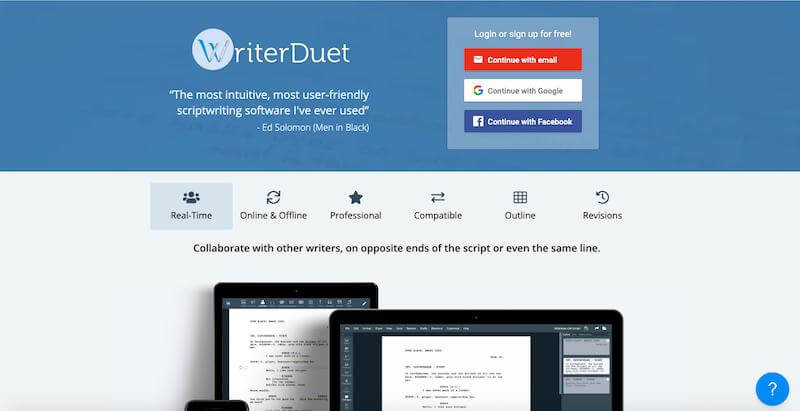

Right, let’s take a look at how they fare… 1.
#Celtx free plan pro#
Your first three scripts are free, after which you’ll need an annual Pro subscription.

Launched in 2013, it is currently a cloud-based online tool. In 2006 it was renamed and converted into an open-source free product. It was initially launched as a commercial product called ‘Blyte’ in 2003. Launched in 2007 and designed for many types of writers including novelists, journalists and screenwriters.
#Celtx free plan movie#
Movie Magic Screenwriter was created by the combination of two older screening programs – ScriptThing and Scriptor (which was awarded an Academy Award for technical achievement in 1994). Movie Magic Screenwriter – $250 purchase.

PC users got their first release five years later in 1995. Final Draft is the old package, with its first Mac version launching in 1990. Launched in 2011 and aimed squarely at the top end of the screenwriting industry. It is now a paid, cloud-based subscription service.
#Celtx free plan software#
Celtx was previously a free, open-source, desktop software but development stopped in 2011 and it was officially discontinued in 2017. Here are the seven packages I have data for (presented in alphabetical order): There is more information about both of these sources in the ‘Notes’ section at the end of the article. (In the real world the distinction is rarely so neat but I felt it was important to provide at least some filtering by experience). This allowed me to split the screenwriters into two groups: “Professional” and “Aspiring”. I asked respondents questions about their professional experience in screenwriting, such as whether they have ever had an agent and how much they have earned from writing. A survey of 2,128 screenwriters I carried out with Screencraft in January 2019.These scripts were either entered into a Screencraft script competition or submitted to receive a script report in 2016, 2017 or 2018.



 0 kommentar(er)
0 kommentar(er)
